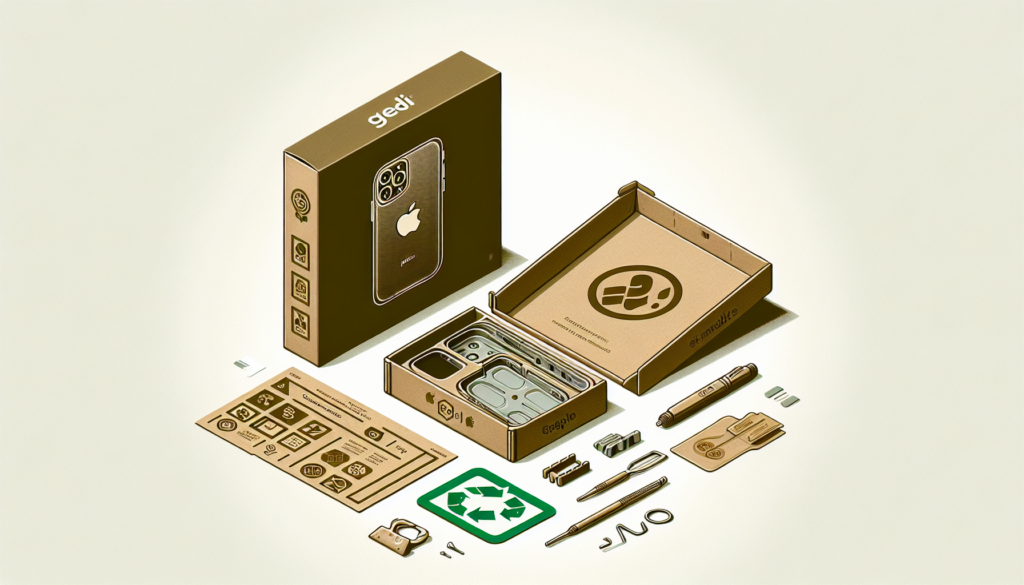Clik here to view.

Image may be NSFW.
Clik here to view. ## Apple Moving Towards Packaging Free of Plastic
## Apple Moving Towards Packaging Free of Plastic
The tech behemoth Apple, renowned for its pioneering products and smooth design, has recently initiated a significant shift in its packaging approach. The firm has made the choice to stop including Apple logo stickers in the box with every product they sell. This decision forms part of Apple’s broader enterprise to minimize plastic consumption and achieve its environmental objectives.
The Closure of Apple Logo Stickers Era
For many years, Apple has been adding logo stickers in the packaging of its products. These stickers have been a constant presence for Apple aficionados, frequently employed to exhibit their devotion to the brand. However, this tradition is now ceasing.
Customers purchasing a new iPad Air or iPad Pro can nevertheless receive stickers if they request the Apple Store personnel to add them. However, the routine inclusion of the sticker insert that was provided with Macs, iPods, iPhones, iPads, and other gadgets will no longer be a standard practice.
Environmental Targets Prompting the Transition
The cessation of the stickers represents a part of Apple’s drive to fulfill its environmental targets. The stickers were some of the last pieces of plastic incorporated in most contemporary Apple packaging. In the past few years, even the plastic rear layer for the stickers has been substituted with wax paper. This modification aligned with the transition from plastic to paper for the internal layer of packaging encompassing new Apple devices, and when boxes sealed by plastic yielded to detachable paper adhesive strips.
The Journey of Apple Stickers
Apple has been integrating stickers with its offerings from as early as the Apple II in 1977. Over time, as Apple’s products became more varied in colors, the Apple logo stickers would occasionally match the color of the device recently purchased. This attention to detail has been sustained into today’s MagSafe cables and iMac keyboards and trackpads that match in color.
Conclusion
Although minimizing plastic in its devices’ packaging is a commendable move towards environmental sustainability, many people hope that Apple will also prioritize making more repairable and upgradable products. The cessation of the stickers is a modest but meaningful stride in the direction of more sustainable practices.
Questions & Answers
Q1: What prompted Apple to cease including logo stickers in its product packaging?
A1: Apple chose to cease including logo stickers in its product packaging as part of their efforts to cut down plastic consumption and achieve its environmental objectives.
Q2: Is it possible for customers to still obtain Apple logo stickers?
A2: Yes, shoppers who purchase a new iPad Air or iPad Pro can still obtain stickers if they request the Apple Store personnel to add them.
Q3: When did Apple initiate the inclusion of stickers with its products?
A3: Since as early as the Apple II in 1977, Apple has been integrating stickers with its offerings.
Q4: What additional steps has Apple made to reduce plastic usage in its packaging?
A4: Besides discontinuing the inclusion of logo stickers, Apple has also substituted the plastic backing layer for the stickers with wax paper. The company has also transitioned from plastic to paper for the internal layer of packaging encompassing new Apple devices and replaced boxes sealed with plastic with detachable paper adhesive strips.
Q5: What other strategies could Apple implement to enhance its environmental sustainability?
A5: Besides cutting down plastic in its packaging, Apple could also emphasize fabricating more repairable and upgradable products that refrain from continually breaking compatibility with existing accessories.